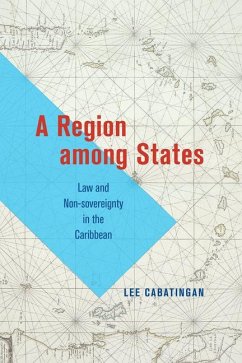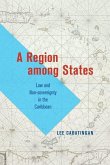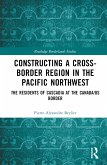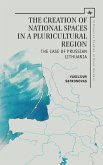"How is it that a great swath of the independent, English-speaking Caribbean continues to accept the judicial oversight of their former colonizer via the British institution of the Privy Council? And what possibilities might the CCJ-a judicial institution responsive to the region, not any single nation-offer for untangling sovereignty and regionhood, law and modernity, and postcolonial Caribbean identity? Joining the CCJ as an intern, Lee Cabatingan studied the work of the Court up close: she attended each court hearing and numerous staff meetings, served on committees, assisted with the organization of conferences, and helped to prepare speeches and presentations for the judges. She now offers insight into not only how the Court positions itself vis-áa-vis the Caribbean region and the world, but also whether the Court-and, perhaps, the region itself as an overarching construct-might ever achieve a real measure of popular success. In their quest for an accepting, eager constituency, the Court is undertaking a project of extra-judicial region-building that borrows from the toolbox of the nation-state. In each chapter, Cabatingan takes us into an analytical dimension familiar from studies of nation and state-building-myth, territory, people, language, and brand-to help us understand not only the Court and its ambitions, but also the regionalist project, beset as it is with false starts and disappointments, as a potential alternative to the sovereign state"--
Hinweis: Dieser Artikel kann nur an eine deutsche Lieferadresse ausgeliefert werden.
Hinweis: Dieser Artikel kann nur an eine deutsche Lieferadresse ausgeliefert werden.








